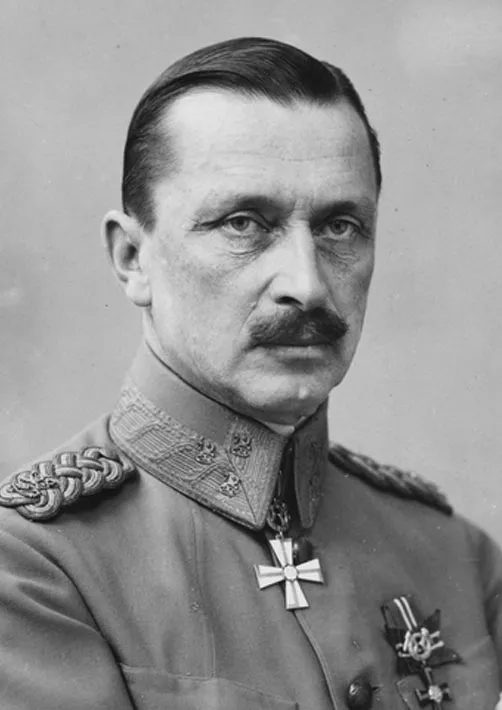
I have read Redeeming Lucifer by Swedish historian and author Lennart Svensson. The title caught my attention, especially since I was intrigued by Otto Rahn's Lucifers Court, which I made a book review on (available here). Redeeming Lucifer is a fictional work with plenty of esoteric and spiritual themes. Without giving too much away, the main plot is that the protagonist must find and redeem Lucifer (by meeting him and praying for him) in order to bring harmony to the world.
I enjoyed the book. It is well written, immersive, and, as mentioned above, contains interesting esoteric themes. The protagonist of the book, Carl Griffensteen, is a Finland Swede (finlandssvensk in Swedish), and an officer in the Russian army during the Romanian campaign of 1917. During the campaign, he is visited by an angel named Pelagion who invites him to a holy quest in The Land. The Land is a parallel, spiritual world that is a projection of one's own mind. He is joined in The Land by a trusted companion named Ivan.
In order to reach Lucifer to redeem him (and to make him renounce his vicious ways), Carl needs to muster an army of Light to defeat the army of Darkness that stands in his way. To achieve victory, Carl and Ivan must recruit both historical and mythological heroes. The army of Darkness consists of infamous villains, also both taken from history and myth.
Among the villains of the Dark side we find, among others: Mordred (who killed King Arthur), Ganelon (He is based upon the historical archbishop Wenilo who betrayed King Charles the Bald in 858), Benedict Arnold (a betrayer of the Americans during the American Revolution), and Didrik Slagheck (a villainous Danish bishop involved in the Stockholm Bloodbath, which is an event I will cover in a coming Odysee video).
Among the heroes of the Light side we find, among others: Tannhäuser (a mythologized medieval German Minnesänger and poet. I will write more about 'Minne' in my next article on Otto Rahn's studies), Odysseus (who needs little introduction for any true cultured thug), Aenas (a mythological Trojan hero and ancestor to Romulus and Remus),
Having historical and mythical characters appear in the book in this way is a great example on how to make a fictional book educational. Definitely a nice touch!
Whenever I read a book, I am always on the lookout for epic quotes to share. I found a quite memorable passage that I thought would be appropriate to share:
How should one act?
Do what feels right.
How does one counter feelings of helplessness?
Man is helpless only if he sees himself as helpless.
Where is this all leading?
There is only here and now.
What can we do without?
Our sense of inferiority.

Another legendary hero that appears in the book is Carl Gustaf Mannerheim. Mannerheim is, arguably, Finland's greatest man of all time. He actually started his career in the Russian army. He fought in the Russo-Japanese War 1904-1905 and would later lead the Whites in the Finnish Civil War against the Reds (Communists). He would also lead Finland against the Soviets during the Second World War.
Interesting to note is that Mannerheim participated in the Great Game (read my review of Peter Hopkirk's The Great Game here). He was asked by General Staff of Tsar Nicholas II to undertake a journey through Turkestan to Beijing as a secret intelligence officer disguised as an ethnographer (as was often the case for Russian and British officers). The purpose of the journey was to investigate potential invasion routes into western China.
Perhaps Mannerheim is a suitable topic for a coming Podcast episode (his story is certainly too long to cover here).
Speaking of the Podcast, I have many episodes planned. One of them is about affirmations and the importance of visualising things. I mention this here since a major theme of the book is the relationship between the interior (mind) and the exterior (the outer world). An interesting and important topic indeed.
Lastly, I might add that I have read another book from the author: Ett Rike Utan Like, which is a book about the history of Sweden. It is in Swedish and a book I can also recommend.
In conclusion, Redeeming Lucifer is a good book that I can recommend. At around 200 pages it is easy to read through, in case you have many books on your to-read-list (which I always have).
